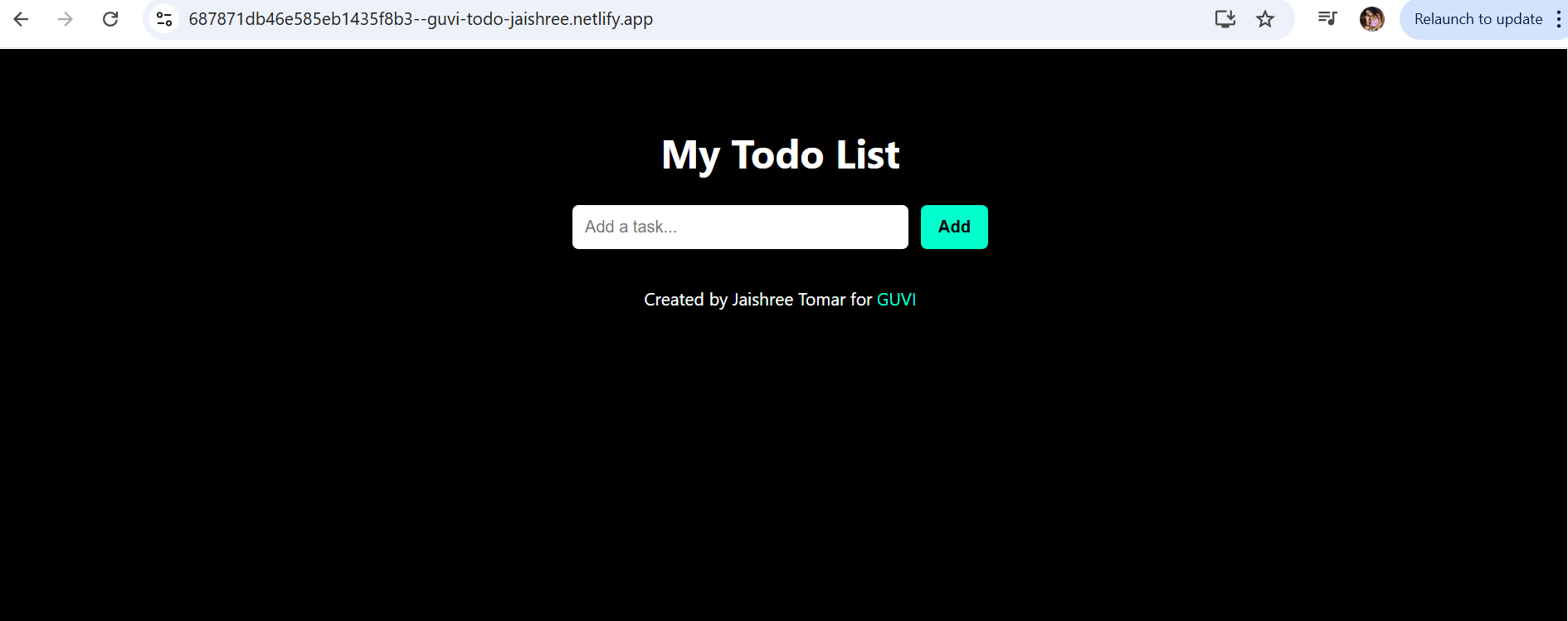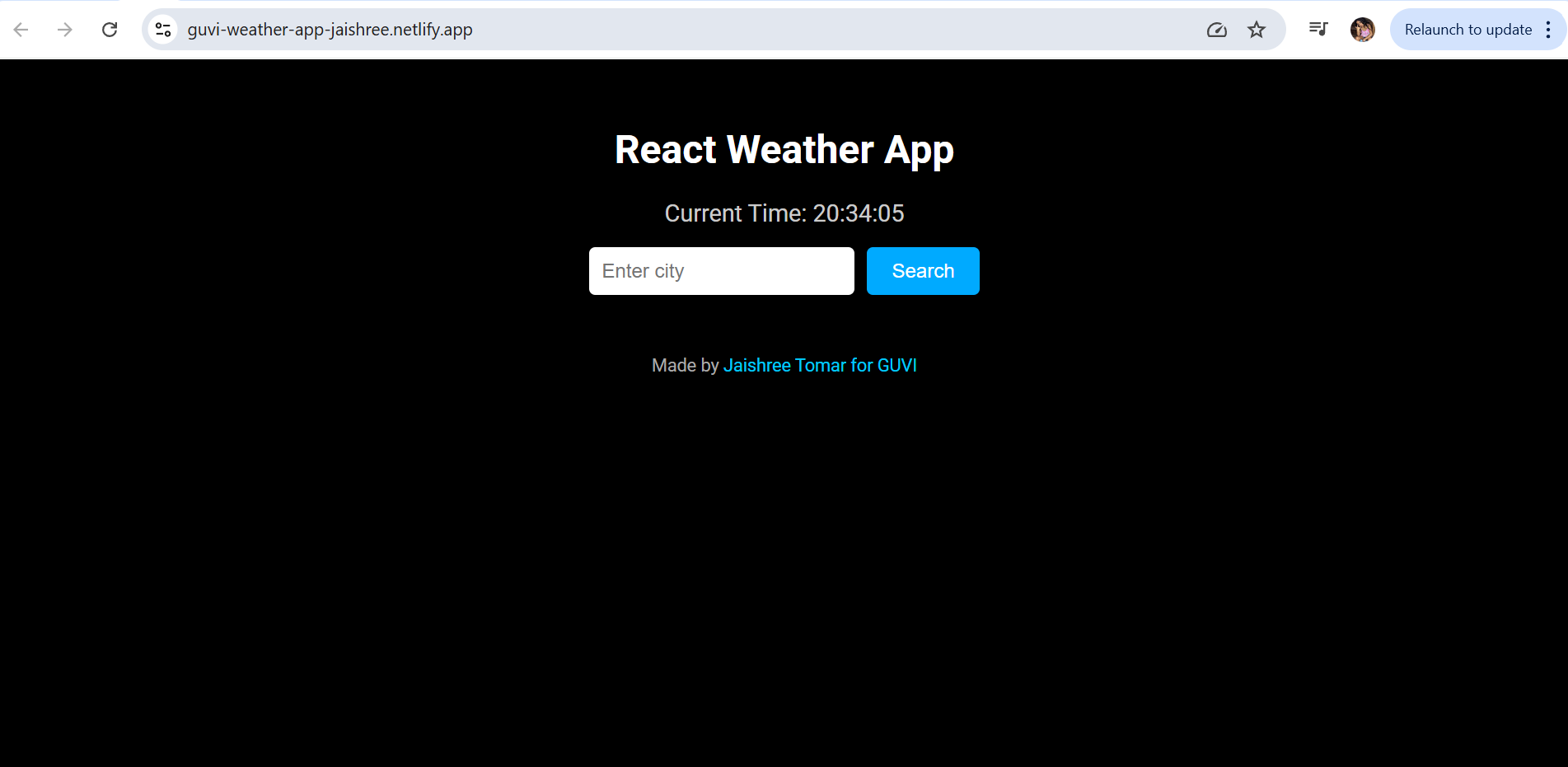Functions in JavaScript: Anonymous Functions
Functions are a fundamental building block in JavaScript, allowing you to group and organize code into reusable blocks. They play a crucial role in structuring and modularizing JavaScript applications. In this article, we'll cover some of the important aspects of functions in JavaScript.
1. Function Declaration:
A function in JavaScript can be defined using a function declaration. It follows the syntax:
function functionName(parameters) {
// Function body
// Code to be executed
}Where, functionName is the name of the function, and parameters are optional parameters that the function can accept. The function body consists of the code to be executed when the function is called.
For example:
function greet(name) {
console.log('Hello, ' + name + '!');
}
greet('John');'Hello, John!'
Here, the function name is "greet" and the parameter passed here is name, thus the output comes as Hello, John.
2. Function Expressions:
Functions in JavaScript can also be defined using function expressions. In this approach, a function is assigned to a variable, making the function itself a value that can be passed around and manipulated.
For example:
let greet = function(name) {
console.log('Hello, ' + name + '!');
};
greet('John');'Hello, John!'
In this example, an anonymous function is assigned to the greet variable, creating a named function expression. The greet variable now holds the function and can be called like a regular function.
3. Arrow Functions:
Arrow functions are a concise syntax introduced in ECMAScript 6 (ES6) that provide a more compact and expressive way to define functions.
For example:
let greet = (name) => {
console.log('Hello, ' + name + '!');
};
greet('John');'Hello, John!'
In this example, the arrow function greet is defined with (name) => syntax. The function body is enclosed in curly braces {}. Arrow functions automatically bind the 'this' value lexically, making them particularly useful in certain contexts.
4. Returning Values:
Functions in JavaScript can return values using the return statement. When a return statement is encountered in a function, it immediately ends the function execution and returns the specified value.
For example:
function sum(a, b) {
return a + b;
}
let result = sum(5, 3);
console.log(result);8
In this example, the sum function takes two parameters, a and b, and returns their sum. The returned value is assigned to the result variable and then logged to the console.
Functions are a fundamental and powerful concept in JavaScript, enabling code reuse, modularity, and encapsulation. Understanding functions is crucial for effective JavaScript development.
Anonymous Functions in JavaScript
In JavaScript, an anonymous function is a function that does not have a specified name. Instead of being defined with a function name, anonymous functions are typically created as function expressions and assigned to variables or used directly as arguments in function calls. They are a powerful and commonly used feature in JavaScript that allows for more flexible and dynamic coding.
Creating Anonymous Functions:
Anonymous functions are created using function expressions by omitting the function name. The syntax for creating an anonymous function is as follows:
let anonymousFunc = function(parameters) {
// Function body
};In this example, the anonymousFunc variable is assigned an anonymous function that takes parameters and executes the code within the function body.
Anonymous functions are commonly used as callback functions, which are functions passed as arguments to other functions and executed later.
For example:
function performOperation(a, b, callback) {
let result = callback(a, b);
console.log('Result:', result);
}
performOperation(5, 3, function(x, y) {
return x + y;
});'Result: 8'
Inference : In this example, the performOperation function accepts two numbers, a and b, as well as a callback function. The callback function is an anonymous function defined directly in the function call. It adds a and b and returns the sum. The performOperation function then executes the callback, passing the result to it.
Benefits of Anonymous Functions in JavaScript:
- Flexibility: Anonymous functions provide flexibility in defining and using functions on-the-fly, without the need for explicit function names.
- Encapsulation: Anonymous functions can encapsulate code and variables, allowing for private variables or creating function-specific scopes.
- Improved Readability: When used appropriately



























